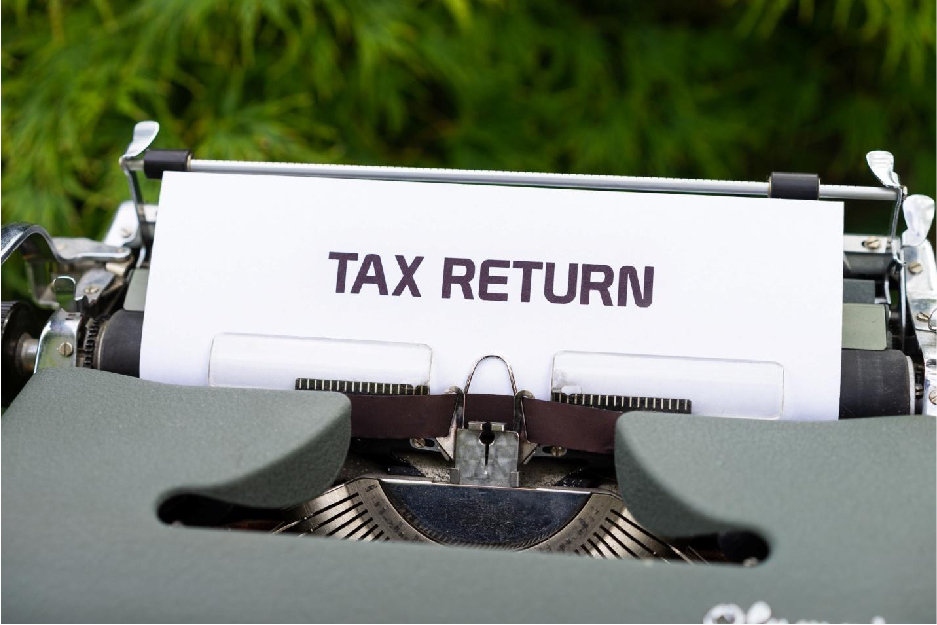
The online-filing deadline for Self Assessment tax returns is the same every year
The online-filing deadline for Self Assessment tax returns is the same every year
Submitting a self-assessment tax return is one of those tasks that many people dread. It can be time-consuming, confusing, and just plain stressful. As a result, some individuals may be tempted to skip it altogether, hoping that they can avoid the hassle. However, failing to submit your self-assessment tax return can have serious consequences. In this blog post, we'll explore what happens if you don't submit your tax return and why it's essential to fulfill this obligation.
HM Revenue and Customs (HMRC) imposes penalties for late submission of tax returns. Even if you owe no tax or are due a refund, you could still face fines for missing the deadline. These penalties can quickly accumulate and add financial strain.
Ignoring your tax obligations can lead to further legal actions by HMRC. Persistent non-compliance may result in HMRC taking legal steps to recover the tax owed, including court proceedings and the possibility of seizure of assets.
In addition to late filing penalties, HMRC can also charge interest on any tax owed that is not paid by the deadline. This means that the longer you delay submitting your tax return and paying any tax due, the more you may end up owing in the long run.
Failing to submit your tax return can also have indirect consequences. For example, if you're self-employed, not filing your tax return could affect your eligibility for certain financial benefits or loans in the future.
HMRC has the authority to report unpaid taxes to credit reference agencies, which could negatively impact your credit rating. This can make it harder for you to obtain credit or financial services in the future.
If you've missed the deadline for submitting your self-assessment tax return, it's essential to take action as soon as possible to minimize the consequences. Here are some steps you can take:
The first step is to submit your tax return as soon as possible, even if you've missed the deadline. This will help mitigate further penalties and demonstrate your willingness to comply with your tax obligations.
If you owe tax, make arrangements to pay it as soon as possible to avoid further interest charges and potential legal action.
If you're having difficulty meeting your tax obligations, consider reaching out to HMRC to discuss your situation. They may be able to provide guidance or set up a payment plan to help you manage your tax liabilities.
If you're unsure about how to proceed or need assistance with your tax affairs, consider seeking advice from a qualified tax professional. They can provide personalized guidance based on your individual circumstances.
We understand that dealing with taxes can be overwhelming. That's why Gondal Accountancy offers expert tax preparation services to help individuals and businesses navigate their self-assessment tax returns. Our team of experienced accountants can assist you in accurately completing your tax return, ensuring compliance with HMRC regulations and minimizing the risk of penalties. Contact us today to schedule a consultation and take the stress out of tax season.
In conclusion, failing to submit your self-assessment tax return can have serious consequences, including financial penalties, legal action, and damage to your credit rating. It's essential to fulfill your tax obligations by submitting your tax return on time and paying any tax owed promptly. If you've missed the deadline, take immediate action to minimize the impact and seek assistance if needed. Remember, staying compliant with your tax obligations is crucial for your financial well-being and peace of mind.
Disclaimer: Please be advised that the content of this blog is meant to serve as general information only, and should not be considered as tax advice. Given the complexity of tax laws and the potential for regulatory changes, it is strongly advised that you seek the guidance of a qualified tax professional or financial advisor prior to making any decisions based on the information contained in this blog. Please note that neither Gondal Accountancy nor its staff assume any responsibility or liability for any decisions made or not made as a result of the information presented in this article.
Interested in learning more about our Dedicated Accounting Services tailored for Small Businesses?
Get your free, no-obligation consultation from our professional accountants today!